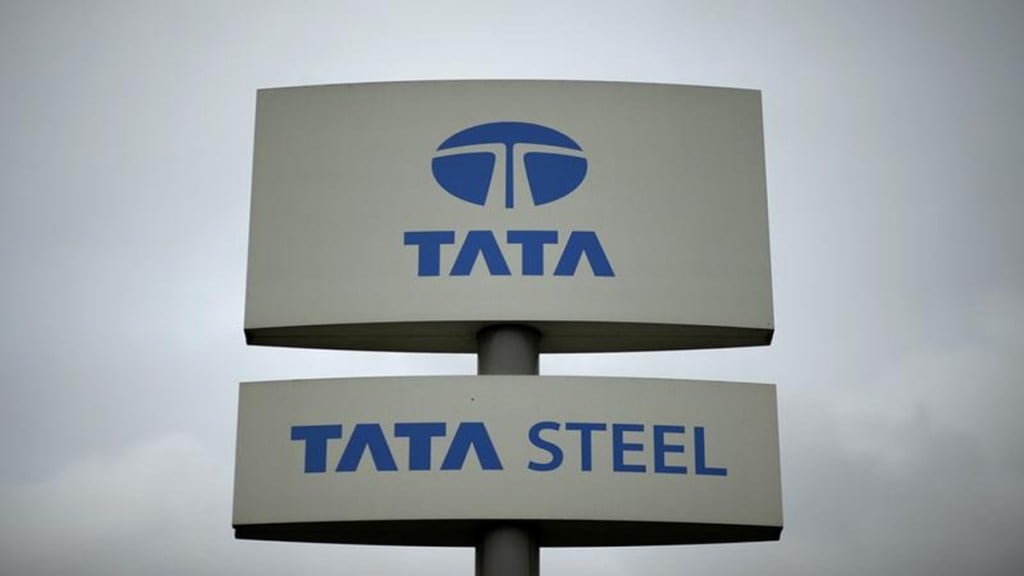Tata Steel will close two blast furnaces and coke ovens at its Port Talbot plant in the UK this year, a move that could result in potential job losses of 2,800 employees. Of the total, about 2,500 roles would be impacted in the next 18 months.
Further, another 300 roles could be impacted in three years following a potential consolidation and rationalisation of cold rolling assets in Llanwern, the company said in a statement on Friday.
“Port Talbot’s two high-emission blast furnaces and coke ovens would close in a phased manner with the first blast furnace closing around mid-2024 and the remaining heavy end assets would wind down during the second half of 2024,” the Tata group firm said.
The proposal, which is part of the plan to transform and restructure its UK business, also includes a wider restructuring of other locations and functions including the intended closure of the Continuous Annealing Processing Line in March 2025.
The proposal includes switching to electric arc furnaces (EAF) with aims to reverse more than a decade of losses and transition from the legacy blast furnaces to a more sustainable and green steel business. The company is aiming to reduce carbon-di-oxide emissions by 5 million tonne per year and overall emissions in the UK by about 1.5%.
“The course we are putting forward is difficult, but we believe it is the right one. Having invested almost £5 billion in the UK business since 2007, we must transform at pace to build a sustainable business in the UK for the long-term.
Our ambitious plan includes the largest capital expenditure in UK steel production in more than a decade, guaranteeing long-term, high-quality steel production in the UK and transforming the Port Talbot facility into one of Europe’s premier centres for green steelmaking,” Tata Steel’s chief executive officer and managing director T V Narendran said.
The transformation would secure most of Tata Steel UK’s existing product capability and maintain the country’s self-sufficiency in steelmaking, it added. Tata group firm along with the UK and Welsh governments have established a transition board to support potentially affected employees, with £100 million funding for short-term support and long-term economic regeneration.
Tata Steel said it would ‘endeavour’ to maximise voluntary redundancies and proposes to commit over £130 million to a comprehensive support package for affected employees. This is in addition to the £100-million funding for the transition board set up with the UK and Welsh governments to support affected personnel.
In a separate joint statement, Tata Steel unions termed the move “extremely disappointing”. “In one area, the company did accept the multi-union recommendation, which is to keep the hot strip mill open to roll slab over a transition period, supporting hundreds of jobs there, but Tata have rejected our broader proposals to safeguard production capacity and protect jobs,” the statement said.
In September 2023, ending years of uncertainty, Tata Steel entered into an agreement with the UK Government to convert its coal-based steel-manufacturing at Port Talbot into EAF, entailing a total investment of £1.25 billion. While the UK government has offered 500 million pounds, the Indian company would invest about 700 million pounds from its internal accruals over the next four years in the plant.
